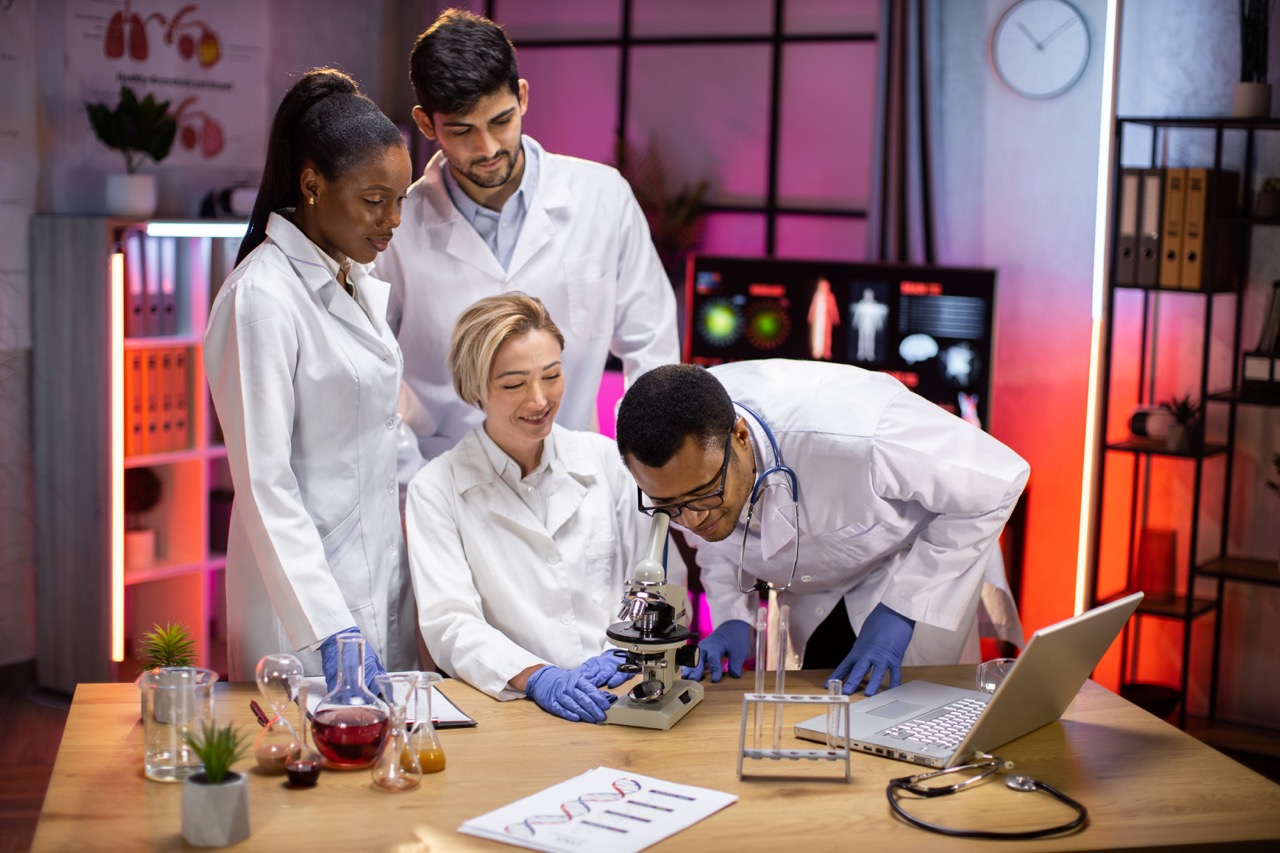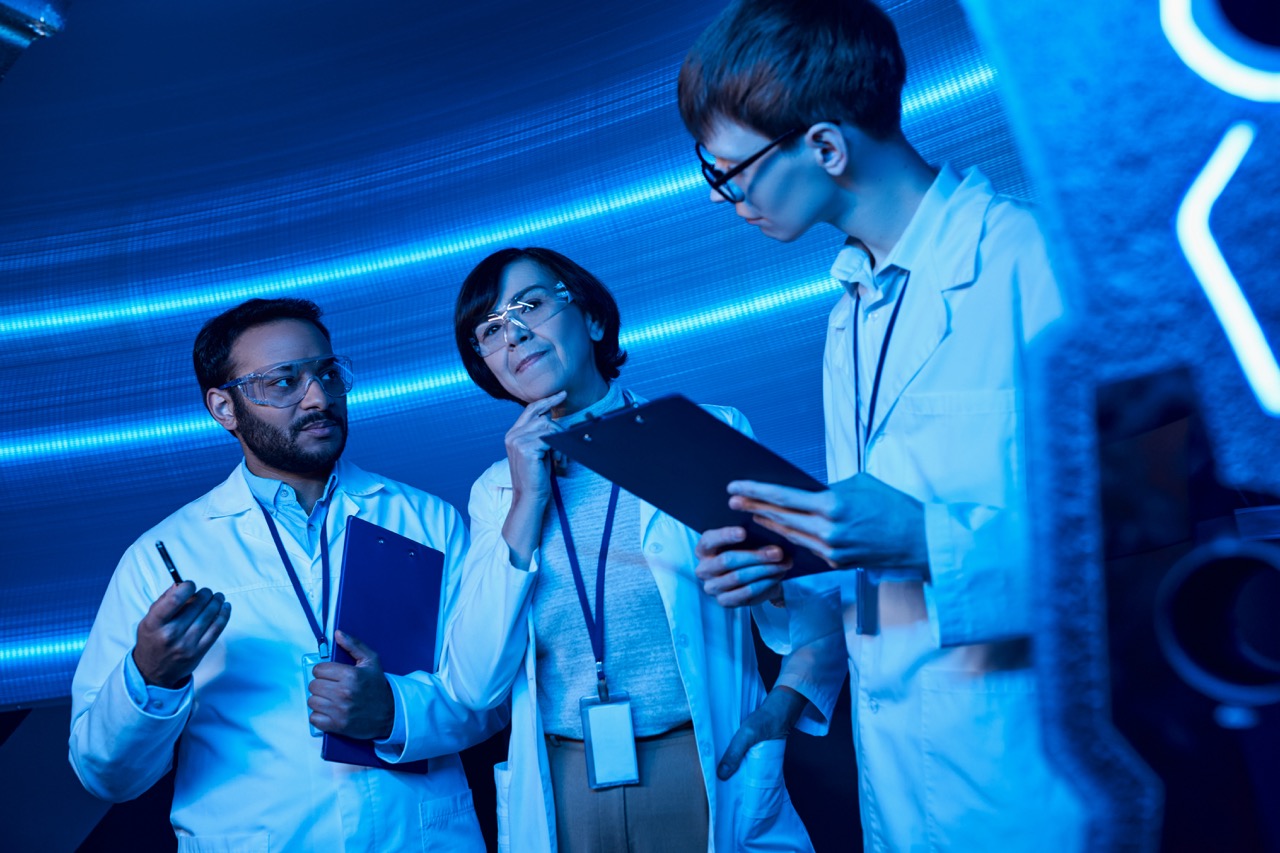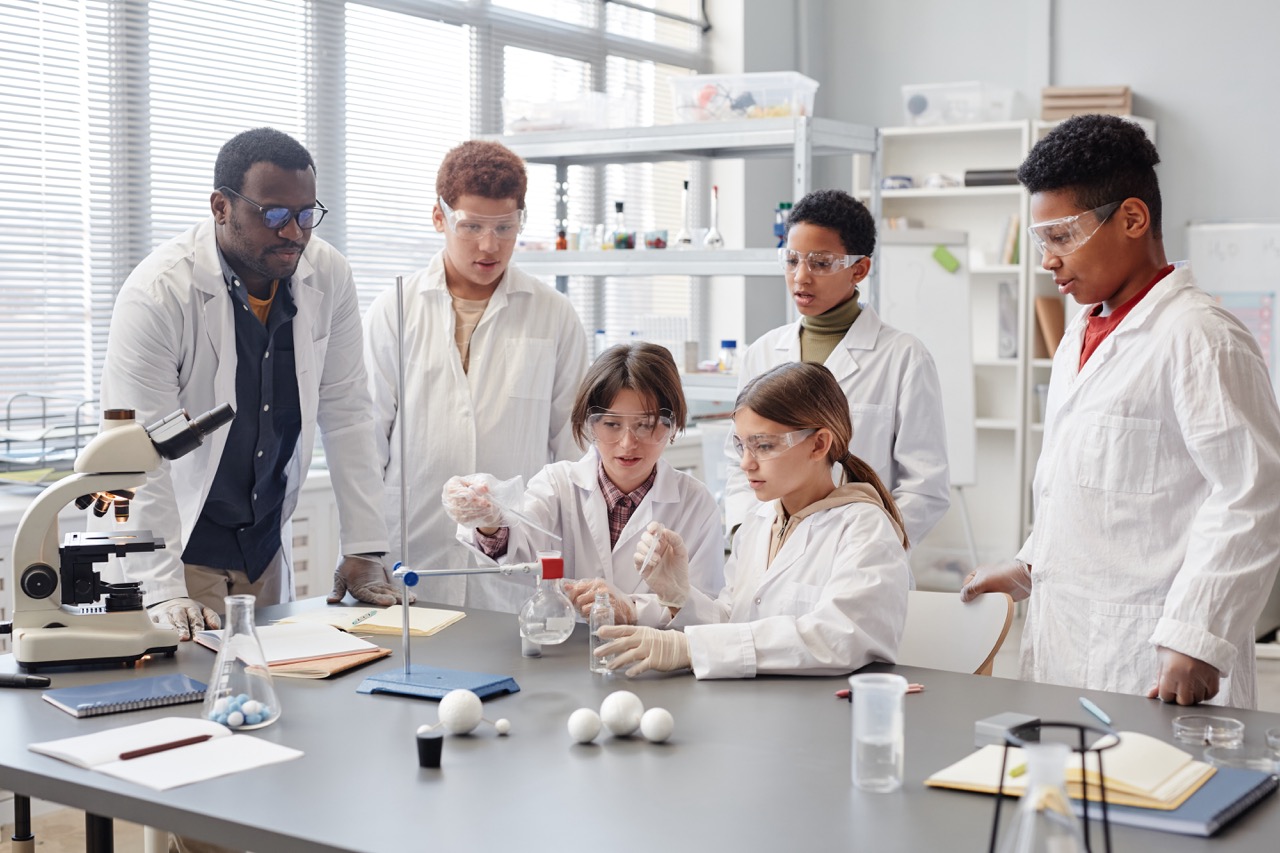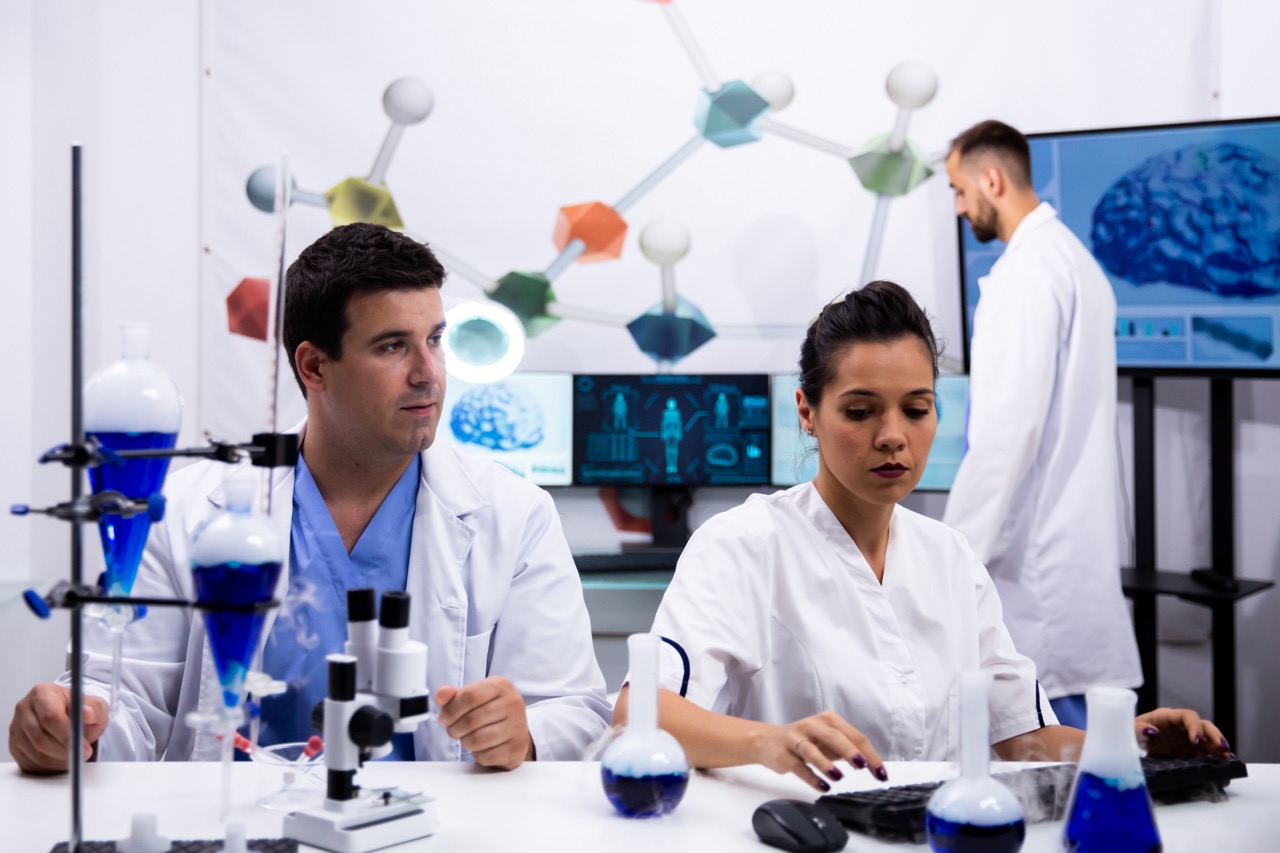In the annals of medical history, few discoveries have been as pivotal as that of penicillin. Its inception can be traced back to a serendipitous event in the laboratory of Scottish bacteriologist Alexander Fleming. This chance encounter not only revolutionized the field of medicine but also paved the way for the development of antibiotics, transforming the approach to infectious disease treatment. This article delves into the circumstances surrounding Fleming’s lab accident, the subsequent impact of penicillin, and the enduring legacy left by this remarkable scientist.
The Unexpected Discovery: A Brief Overview of Fleming’s Lab Accident
In September 1928, Alexander Fleming was conducting experiments in his laboratory at St. Mary’s Hospital in London. His primary focus was on staphylococcus bacteria and their susceptibility to various substances. Upon returning from a two-week vacation, Fleming noticed something unusual: a petri dish that had been inadvertently left uncovered had developed mold. What caught his attention was the clear zone surrounding the mold, which indicated that the bacteria had been killed in that area.
Fleming soon identified the mold as belonging to the Penicillium genus, and further experimentation revealed that it produced a substance capable of eliminating a wide range of bacteria. He named this substance penicillin. Although Fleming presented his findings in a paper published in 1929, the initial response from the scientific community was tepid. Many failed to recognize the significance of his discovery, and it was largely overlooked for several years.
It was not until the late 1930s and early 1940s that the potential of penicillin was fully realized, thanks in part to the work of scientists such as Howard Florey, Ernst Boris Chain, and Norman Heatley. Their collaborative efforts in isolating and mass-producing penicillin enabled it to be tested on human subjects, leading to its eventual use as a groundbreaking antibiotic. Fleming’s initial lab accident, marked by mold growth and curiosity, thus set into motion a series of events that would forever change the landscape of medicine.
Penicillin: How a Mold Changed the Course of Medicine
Penicillin’s role as the first true antibiotic marked a watershed moment in medicine, transforming the treatment of bacterial infections. Before its discovery, there were limited options for treating infections, and conditions such as pneumonia, syphilis, and even minor wounds could be fatal. With the introduction of penicillin in clinical settings, physicians had a powerful weapon against these once-deadly ailments.
The efficacy of penicillin was demonstrated dramatically during World War II, where it significantly reduced the mortality rate from infected wounds among soldiers. The rapid healing and recovery of injured servicemen due to antibiotic treatment underscored its importance and cemented penicillin’s place in medical practice. This period also witnessed an unprecedented acceleration in research focused on antibiotics, leading to the identification and development of numerous other antimicrobial agents.
Moreover, the widespread use of penicillin set the stage for the emergence of an entire class of drugs known as beta-lactams, which include other antibiotics like amoxicillin and cephalosporins. This expansion of antibiotic options has equipped healthcare providers with a diverse arsenal against bacterial infections, fundamentally altering the approach to patient care and treatment protocols across various medical specialties.
The Antibiotics Revolution: Impact on Infectious Disease Treatment
The advent of antibiotics, spearheaded by penicillin, led to an unparalleled revolution in the treatment of infectious diseases. Prior to the antibiotic era, diseases that are now easily treatable were often life-threatening. Tuberculosis, rheumatic fever, and bacterial meningitis, for example, once wreaked havoc on public health. The introduction of antibiotics not only reduced mortality rates but also improved overall quality of life, enabling patients to recover from infections that would have been fatal just a few decades earlier.
As antibiotics continued to evolve, healthcare systems around the world experienced a significant shift. Hospitals began implementing antibiotic prophylaxis for surgical procedures, drastically reducing the risk of postoperative infections. Furthermore, the availability of antibiotics fostered advancements in other medical fields, including oncology and organ transplantation, where patients often require immunosuppressive therapy that increases their susceptibility to infections.
Despite the transformative power of antibiotics, the revolution they initiated has been met with challenges, most notably the rise of antibiotic-resistant bacteria. This phenomenon has prompted an urgent need for responsible antibiotic use and the development of new antimicrobial agents. Nevertheless, the antibiotics revolution remains a testament to how a simple lab accident can lead to profound changes in medical practice and public health.
Legacy of Alexander Fleming: Shaping Modern Medical Practices
The legacy of Alexander Fleming extends far beyond the discovery of penicillin. His work laid the groundwork for the entire field of antibiotic research, inspiring future generations of scientists and medical professionals. Fleming himself became an advocate for the responsible use of antibiotics, warning against over-prescription and misuse that could lead to resistance. His foresight in recognizing the potential pitfalls of antibiotic use continues to resonate today and is integral to contemporary discussions about antimicrobial stewardship.
Fleming’s contributions have been honored globally, with numerous awards and accolades recognizing his impact on medicine. In 1945, he was awarded the Nobel Prize in Physiology or Medicine alongside Florey and Chain, solidifying his status as a pioneer in microbiology and pharmacology. Educational institutions, research facilities, and various medical organizations have since been named in his honor, ensuring that his influence will endure for years to come.
Ultimately, Fleming’s discovery of penicillin transformed the way we approach infectious disease, emphasizing the critical importance of scientific inquiry and the serendipitous nature of discovery. His work serves as a reminder of the profound impact that one individual can have on global health, shaping modern medical practices and fostering a culture of innovation in the relentless pursuit of improving human health.
The accidental discovery of penicillin by Alexander Fleming serves as a powerful example of how chance encounters in scientific research can lead to groundbreaking advancements. The antibiotics revolution that followed not only transformed the treatment of infectious diseases but also reshaped the future of medicine itself. As we continue to navigate the challenges posed by antibiotic resistance, the legacy of Fleming’s work remains a guiding light in the ongoing quest to safeguard public health and enhance the efficacy of medical interventions. Through the lens of history, Fleming’s story reminds us of the importance of curiosity, perseverance, and the potential for unexpected outcomes to catalyze monumental change.










